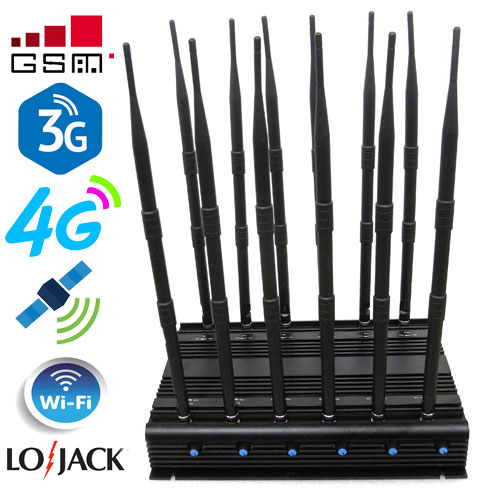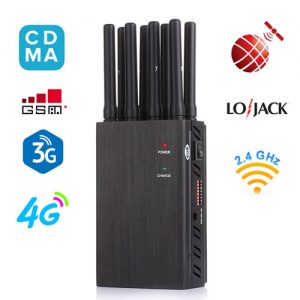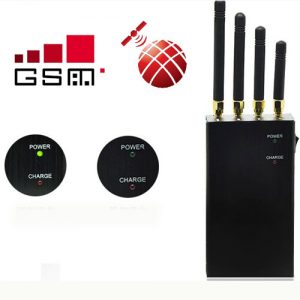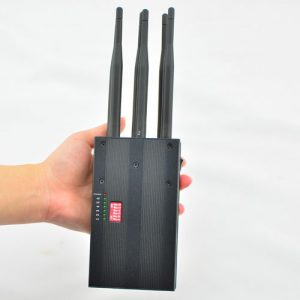The test room signal jammer has become an indispensable tool in the test room, escorting the information security of the test room. But if we do not use the equipment correctly, there will be poor results, or even an accident in the examination room. The following Texin Electronics as a manufacturer will share the correct use of the test room signal jammer.

1. The effective shielding range of the test room signal jammer will be different in different use scenes. This is closely related to the field strength of the signal on site. Mobile phones of different standards may not necessarily have the same shielding range at the same site;
2. Factors affecting the shielding range include, but are not limited to: distance from the base station, orientation, obstacles, the wall material of the site building, the installation height of the shielding device, installation specifications, etc.;
2. Each antenna has a frequency band identification, which must correspond to the frequency band identification on the host one-to-one. Before turning on the jammer, it must be ensured that each antenna is connected reliably. It is never allowed to turn on the device without connecting the antenna;
3. The surface temperature of the shield is about 40~50℃ after working for a long time, which is normal. If the surface temperature is too high, please turn off the power and try to contact your local dealer or agent;
4. The normal installation height is 1.8 meters ~ 2.5 meters, try to choose a place where there are no obstacles between the target shielding area. The wall-mounted installation requires the antenna to be vertically upward. When placed on the desktop, the antenna can be folded 90 degrees and then vertically upward. There should be no AC power lines or other audio and video lines within 0.2 meters of the antenna;
5. During use, in order to avoid possible interference to some electronic devices, try to keep the distance between 1 and 2 meters above the following common devices: stereos, wireless microphones, radios, computers, TVs, Wi-Fi routers, etc.





